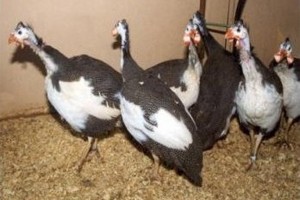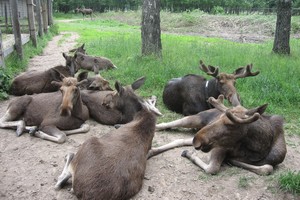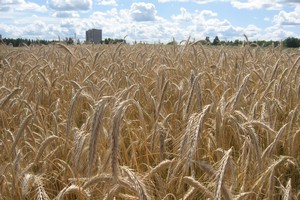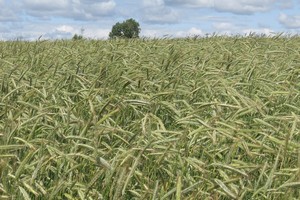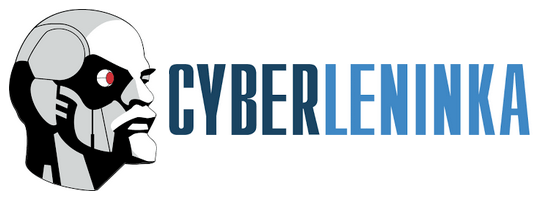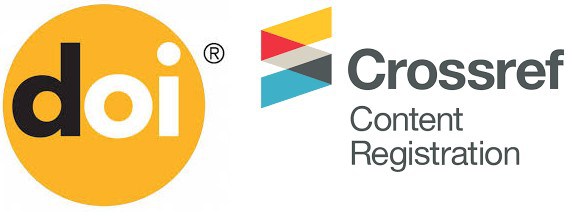Ethics of scientific publications
Ethics of scientific publications
Editorial Board of Journal "An agrarian science of Euro-North-East" in a course of its activity is guided by principles of publication ethics accepted by international community and represented in recommendations of Committee on Publication Ethics (COPE), (CODE OF ETHICS OF SCIENTIFIC PUBLICATIONS).
Editor and publisher activity
1. Publisher recognizes the fact that the activities of the Journal are noncommercial, without any profit motives.
2. The Editorial Board is responsible for the publication of copyright works. Author's rights remain for author.
3. The Editorial Board takes manuscripts for consideration without regard to race, sex, sexual orientation, religion, origin, nationality, social status or political preferences of the authors.
4. When deciding on the publication of a scientific article Editorial Board is guided by expert conclusions about reliability of proposed data and scientific significance of the manuscript. Editorial Board could consults with members of editorial council and experts in the field of deciding about publication of the manuscript. Editorial Board should not be allowed to publish manuscript if it is already published earlier or if there is sufficient reason to believe that it is plagiarism.
5. The Editorial Board discusses all editors' alterations in the manuscript with the author to get their approval.
6. The Editorial Board helps to avoid any conflict of interest and ethics conflicts during manuscript publishing, considers any claim at their arising and takes appropriate measures.
7. The Editorial Board, Editorial Council and experts must take confidentiality concerning presented manuscript. Unpublished data from manuscripts submitted for review should not be used for personal purposes or transferred to the third parties without written consent of the author.
Editor and publisher activity
1. Publisher recognizes the fact that the activities of the Journal are noncommercial, without any profit motives.
2. The Editorial Board is responsible for the publication of copyright works. Author's rights remain for author.
3. The Editorial Board takes manuscripts for consideration without regard to race, sex, sexual orientation, religion, origin, nationality, social status or political preferences of the authors.
4. When deciding on the publication of a scientific article Editorial Board is guided by expert conclusions about reliability of proposed data and scientific significance of the manuscript. Editorial Board could consults with members of editorial council and experts in the field of deciding about publication of the manuscript. Editorial Board should not be allowed to publish manuscript if it is already published earlier or if there is sufficient reason to believe that it is plagiarism.
5. The Editorial Board discusses all editors' alterations in the manuscript with the author to get their approval.
6. The Editorial Board helps to avoid any conflict of interest and ethics conflicts during manuscript publishing, considers any claim at their arising and takes appropriate measures.
7. The Editorial Board, Editorial Council and experts must take confidentiality concerning presented manuscript. Unpublished data from manuscripts submitted for review should not be used for personal purposes or transferred to the third parties without written consent of the author.
Reviewers' activity
1. Peer review assists the Editorial Board in making editorial decisions and may assist the author in improving the manuscript. As a result of manuscript reviewing conclusion is made about possibility of its publication – in presented form; with some revision; after principal reworking (with reconsideration), or rejection. Reviewer's comment is confidential.
2. The manuscript should be regarded by reviewer as a confidential document, which cannot be transferred to the third parties for review or discussion without permission of the Editorial Board. Unpublished data from manuscripts submitted for review, should not be used for personal purposes.
3. The reviewer is required to give an objective assessment of the results of the study stated. Personal criticism of the author is not acceptable.
4. Reviewers shall refuses from the reviewing process in next cases: there is conflict of interest with manuscript's author; lack of competences for estimation results of investigation; impossibility of timely reviewing.
1. Peer review assists the Editorial Board in making editorial decisions and may assist the author in improving the manuscript. As a result of manuscript reviewing conclusion is made about possibility of its publication – in presented form; with some revision; after principal reworking (with reconsideration), or rejection. Reviewer's comment is confidential.
2. The manuscript should be regarded by reviewer as a confidential document, which cannot be transferred to the third parties for review or discussion without permission of the Editorial Board. Unpublished data from manuscripts submitted for review, should not be used for personal purposes.
3. The reviewer is required to give an objective assessment of the results of the study stated. Personal criticism of the author is not acceptable.
4. Reviewers shall refuses from the reviewing process in next cases: there is conflict of interest with manuscript's author; lack of competences for estimation results of investigation; impossibility of timely reviewing.
Author activity
1. Authors should present an accurate results as well as an objective discussion of its significance. Fraudulent or knowingly inaccurate statements are unacceptable.
2. The authors should present entirely original works, and if the authors have used the materials of others that this has been appropriately cited or quoted. Plagiarism is prohibited in any form.
3. Author should not duplicate publications (cover letter should indicate that manuscript is published at first time). Duplicate published parts of manuscript must be formatted as cites to earlier articles. Submitting the same manuscript to more than one journal concurrently is unacceptable.
4. Authorship should be limited to those who have made a significant contribution to the manuscript. Author should make cites to all works that influences course of the presented investigation. Private information obtained during conversation, correspondence should not be used without written permission of the primary source. Information obtained during confidential activity should not be used without precise written permission of authors of confidential sources.
5. Authors shall adhere to ethical principles, when criticizing or commenting a third-party research.
6. Author should assure that those who have made significant contributions into investigation is listed as co-authors and those who have not take part in the study is not listed as co-authors. All co-authors have agreed to its submission for publication.
7. Authors should interact with Editorial Board constructively and timely eliminate the indicated inaccuracies in the manuscript. In the case of disagreement with reviewer's notes authors present argument answer or clarifications on raised questions.
8. When an author discovers a significant errors or inaccuracy in manuscript in stage of its consideration, it is the author’s obligation to promptly notify the Editorial Board about this event.
Conflict of interest
To avoid any breach of publication ethics, it is crucial to eliminate any conflicts of interest of all the parties involved in publishing.
At situation linked with breach of publication ethics by any part, it is necessary to make compulsory investigation and public explanation of conflict of interest.
To avoid any breach of publication ethics, it is crucial to eliminate any conflicts of interest of all the parties involved in publishing.
At situation linked with breach of publication ethics by any part, it is necessary to make compulsory investigation and public explanation of conflict of interest.


